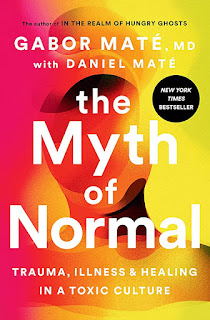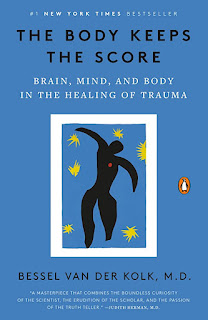‼️ The Everything Store: Jeff Bezos and the Age of Amazon ‼️
Rating: ⭐️⭐️⭐️⭐️⭐️
👉 Buy this book! 👈 through my link and help me build this website! 😊
As many may have already notice, Jeff Bezos is not my favourite entrepreneur and Amazon. com is not my favourite on-line retailer. This is mainly down to Amazon’s business strategy. I perceive Amazon as rather threatening company. Some people may call Amazon disruptive and innovative, but looking at ways how Amazon achieves its means, I’m rather sceptical. But it would be a critical mistake to not to learn from my arch-foes and see what they are doing right.
I. Modest Beginnings
You all have seen it on the internet. Jeff Bezos in his office in early 90s with the line running: “We all have to start somewhere.”
What is so special about Amazon then? I’m going to apply some knowledge from the book I have recently read, The Outliers written by Malcolm Gladwell.
Everybody with today’s knowledge would be able to set up a bookstore like Amazon .com. The only difference is that Jeff Bezos has done it already in 1995. He has noticed a rapid growth of the internet in late 1980s when working for Wallstreet investment company run by David Shaw. The internet was like crypto nowadays. Bezos has realised the potential of the interned left Shaw & Co. and set up his on-line bookstore. The business model was rather primitive. It included: to get books from publishers, send them to customers via post and make profit.
There are three crucial factors: Bezos started early (10.000 hours rule), had some luck of surviving dot com bust in early 2000s and had ambition to turn Amazon into “the everything store”. I also mention that Bezos’s family has invested for about 200.000 USD in the company.
II. “Get big fast otherwise someone else will”
I think this is the most important message in the book and it is applicable almost anywhere. Amazon scaled fast from books to tons of other products in a very short period of time.
III. Disrupting industries
Now, this is what I do not like about Amazon. Amazon did not disrupted industries in the way Apple (with iTunes) or Tesla cars did. Amazon ruthlessly blackmailed book publishers in order to digitalise books in effort launch Kindle. Kindle was not even ready when negotiations took place and was significantly delayed. This is the way Donald Trump does business. Not cool.
Amazon is also very secretive about its next moves. It means when negotiating with Amazon, you might be as well digging your own grave. Here is important to say that Bezos does not think like Elon Musk. I feel like Elon has genuine intention to make everyone’s life on planet Earth better by turning all Tesla’s patents into public domain (notice similar action was taken by Volvo when inventing today’s version of seat-belt).
IV. Accidentally created services
Amazon Web Services referred to as AWS is an amazing story of how was Amazon turned from retailer into a technology company. Today, they represent around 50% of Amazon’s income. Similarly as in Tesla, people in Amazon have realised that suppliers will never work as hard as they would like them to. Those two companies had to built their inner workings from the scratch. In Amazon’s case it resulted in creation of AWS, which offers free computing power (besides other things powers Netflix’s servers) and many other services.
V. My honest opinion
Amazon appears to me as a legit slave company. I have met people who work there. They are all brainwashed. In their perception, Amazon is the best company to work for in the world. I’m not buying that. Amazon’s employees usually work over time, do not celebrate Christmas (because Christmas is Amazon’s peak-time) and have no personal life. Amazon hires people based on “Leadership principles.” E.g. Hire the best. But Amazon does not hire the best, the brightest or the smartest. Amazon hires people who are willing to work themselves to death. Another paradox, employees in Amazon are not called employees. They are called leaders, although they are not real leaders. Similarly, many corporations nowadays call their employees funny names such as: “Product owner.” I’m like WTF!? Those employees do not own anything, esp. not a product they have developed within the company they work for. In Amazon’s perception “Leaders” are just slaves, disposable assets, tools or whatever you want to call them. On the end of the day Amazon is just a sect to me. But hey, if you like being a slave, if you like an idea of working on someone else's dream, it is all fine with me. I'm just not wired that way.
Sum up:
Inspirational, for sure. But pick your heroes carefully!
Lately, I started to ask myself this question. How a country of a size of the Czech Rep. (10 mil citizens) could grow into truly rich industrialised nation. I think that the goal would be to convert as little as possible of its population into “slaves” who are not adding much of a value to the national economy and focus on rising up real leaders and real entrepreneurs who will venture new companies and create more IP and copyright rights. I cannot help myself but it all starts with something. I originally thought it is down to education. I think I was wrong, it is mainly down to ambition.
⭐️⭐️⭐️⭐️⭐️
👉 Buy this book! 👈 through my link and help me build this website! 😊
Coming up next:
Feel free to share and comment or recommend books you find inspirational.
Peace 🧘♂️✌️🌱











Comments
Post a Comment